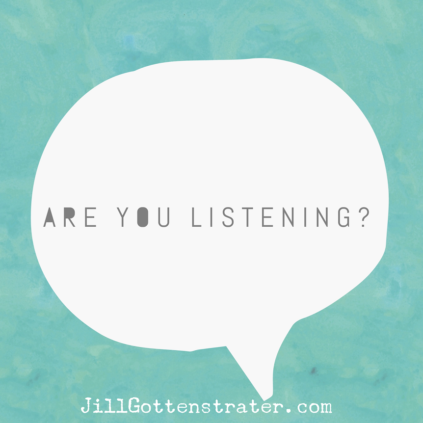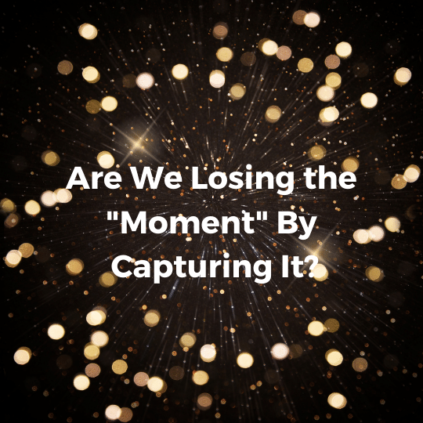Not Listening When You Should Be?
It was only a few weeks ago that I wrote an article titled, “The Art of Listening Well“. I wrote it because, as I stated in that article, “The lack of listening skills has declined in our fast paced digital world, and I expect will only get worse.” Friends, I was/am sincerely concerned for us, a world in which we get too busy with “stuff” to focus on the living, breathing, important things right in front of us.
Weeeellllllll, today I stand before you guilty of being one of those awful non-listeners. The worst part of my non-listening crime was that the recipient the last couple of weeks has been one of the most important people in my life–my husband. To top it off, he is a man of few words!! If he’s speaking, I need to be listening!
What has been “more” important these last weeks? Nothing.
My excuse: I’ve stretched myself too thin, have a lot on my mind. The truth is, I have allowed my busyness to infringe on the communication with my husband. My busyness and stretching is not his problem.
I share a real-time example here from my experience with my husband. Are there people in your life that have received your less-than-attentive ear lately? Your children, a good friend, your spouse, your parent, your sibling?
These people just listed are not the “chit-chat at a party” type of people. These are YOUR people. They deserve nothing but the best from us. Don’t you think?
Sometimes it’s not enough to realize what you’re doing (like I have) and hope it doesn’t repeat. In this blog, we need bullet points!!
Here are a few thoughts that I’m personally going to be using:
- Acknowledge you’re being a lazy or non-listener. You know, “they” say the first step is admitting the problem.
- Set rules or triggers that surround future communication with “your people”. For example, when one of these people enters the room, lay down your phone, close your book, and make good, solid eye contact. I remember a man who said that he and his wife would take their children’s faces in their hands when they were communicating to ensure that both parties were listening intently. I am so going to cradle my man’s face in my hands when we’re talking from now on! ; )
- Ask the other person to call you out on it. Crucial note: don’t allow your feelings to be hurt and don’t argue or try and defend yourself. Thank them for helping to make you aware and move on.
- Enjoy the intimacy you experience as a result of your newly honed listening habit. Ah, the fruits of your labor!
Wait! I think I hear my hubs coming. Gotta run. Getting into full listening stance with hands ready to cradle his face! ; )
Here’s to taking steps to protect our most valuable relationships.
Jill xx
Please share this post…it may be the answer to many relationship woes.





